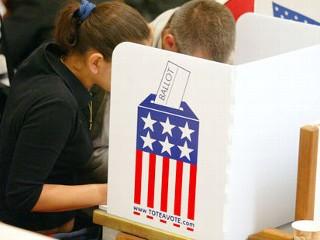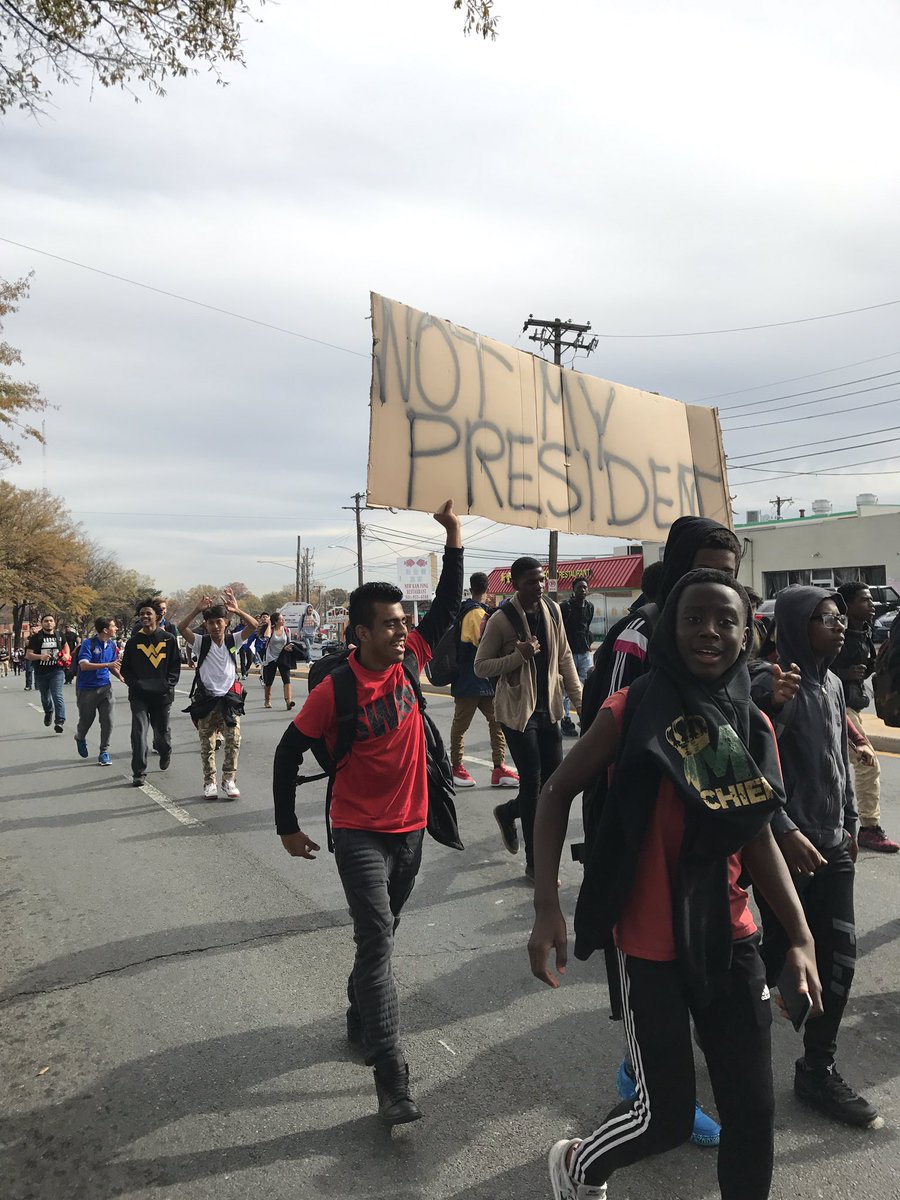A new report funded by the MacArthur Research Network on Youth & Participatory Politics finds a “substantial” number of young people are engaging in online “participatory politics” activities, such as blogging about political interests or circulating videos about political issues and causes.
 The report, Participatory Politics: New Media and Youth Political Action, was authored by several researchers at the University of Chicago and Mills College. The study collected data from 3,000 people, ages 15-25, regarding their online activities, specifically how they used social networks and other forms of new media as tools for political engagement.
The report, Participatory Politics: New Media and Youth Political Action, was authored by several researchers at the University of Chicago and Mills College. The study collected data from 3,000 people, ages 15-25, regarding their online activities, specifically how they used social networks and other forms of new media as tools for political engagement.
According to the report, an estimated 41 percent of young people engage in at least one online form of participatory politics, while 44 participate in other forms of political activity. Broken down by ethnic and racial demographics, 43 percent of Caucasians, 41 percent of African-Americans, 38 percent of Hispanics and 36 percent of Asian Americans surveyed reported engaging in at least one form of participatory politics over the last 12 months.
The study defined “participatory politics” as a number of online activities, including mobilizing networks through social media and circulating information about social or political issues through message board postings or forwarding links to friends via e-mail.
With participatory politics, institutional politics (such as campaigning for a political candidate or joining a political organization) and voting taken into account, African-American youth reported the highest levels of engagement, with only 25 percent of respondents within the demographic reporting that they had engaged in no political behavior over the last year.
The report found that white respondents not engaging in political behaviors topped out at 33 percent, with the percentage of Asian Americans and Latinos reporting they had engaged in no political behaviors totaling 40 percent and 43 percent, respectively.
According to researchers, an estimated 37 percent of respondents reported engaging in both participatory politics and institutional politics. Additionally, youth that had engaged in at least one form of participatory politics were found to be almost twice as likely to report voting in 2010 than those that did not report engagement in political behaviors, with an estimated 90 percent of youth engaged in participatory politics reporting they either voted or engaged in institutional politics as well.
Researchers consider the upswing in youth engagement in online participatory politics to constitute a “unique and important moment.”
“Participatory politics are a signi?cant dimension of the political life of young people,“ the report reads. “If stakeholders at multiple levels provide appropriate supports, participatory politics may provide valuable opportunities to engage young people in the political realm, giving them greater control, voice, and potentially in?uence over the issues that matter most in their lives.”


























